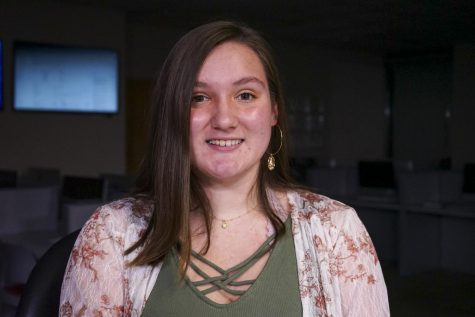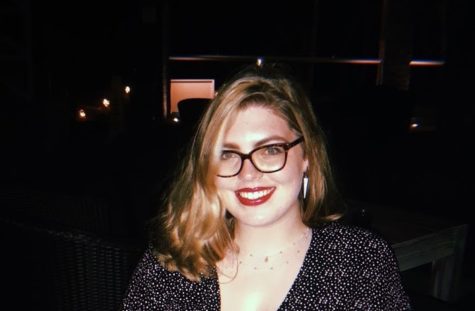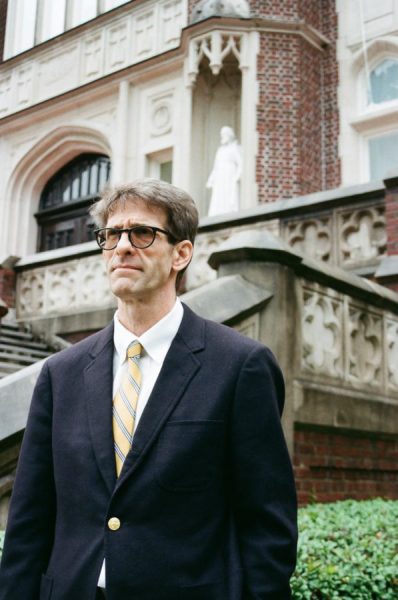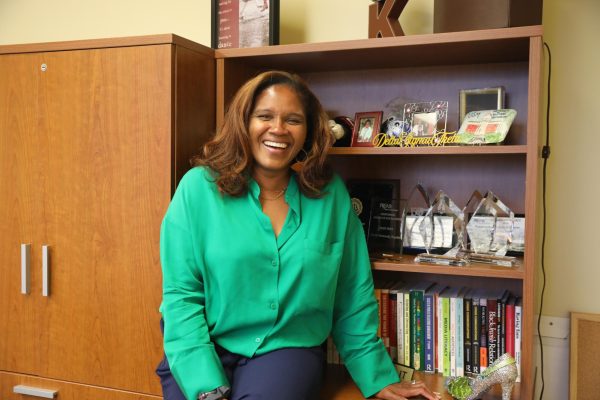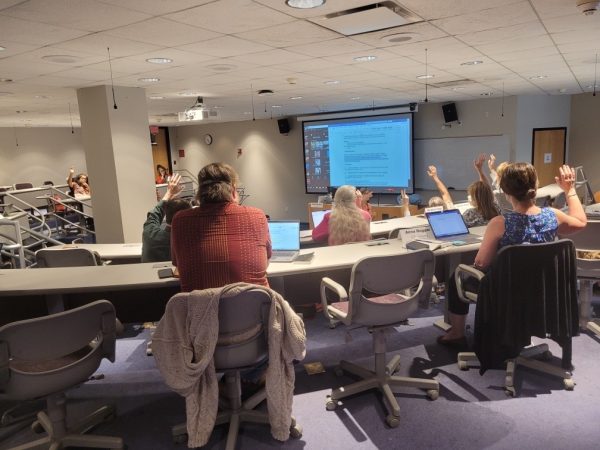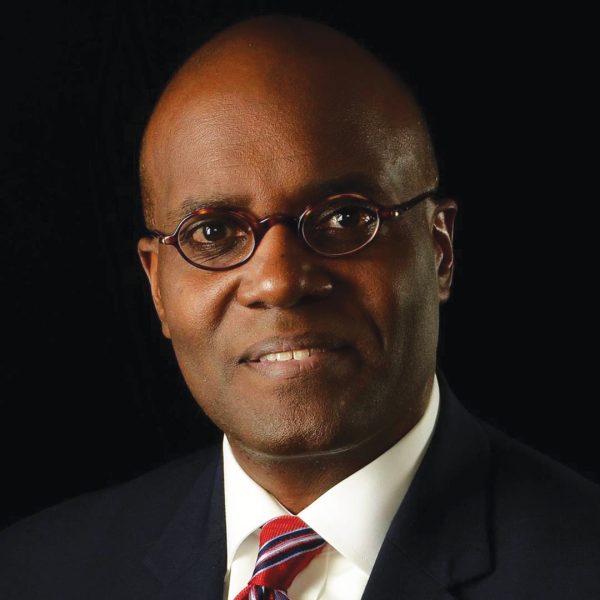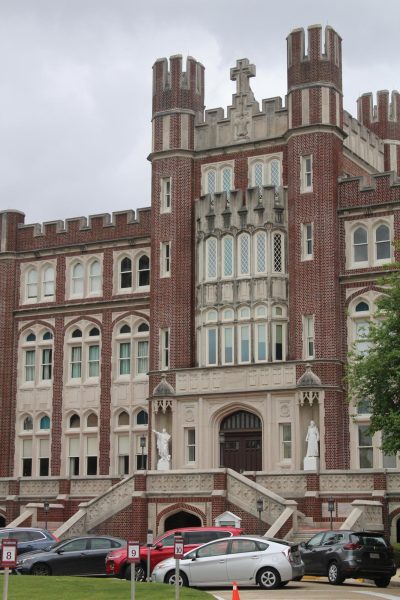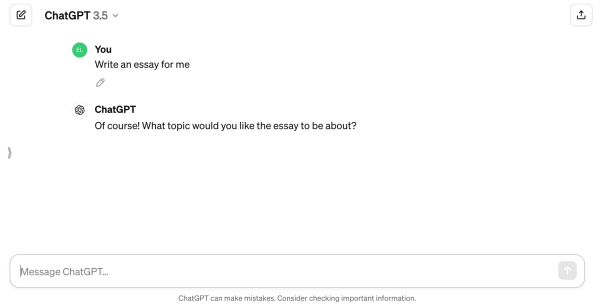Faculty respond to student concerns, Sonya Duhé allegations
The Communications/Music Complex at Loyola sits under a sunny sky May 17, 2020.
June 9, 2020
Many students in Loyola’s School of Communication and Design are reeling after more than a dozen former and current students came forward with allegations of racist and insensitive conduct by former director Sonya Duhé during her time at Loyola.
Those allegations resulted in the termination of her contract to be the next dean of the Cronkite School of Journalism at Arizona State University.
Dean of the College of Music & Media Kern Maass said, in a statement to students in the school, he was sorry that despite multiple students talking to faculty within the department as well as multiple human resources complaints raised against Duhé over the years, the college did not do more.
“I apologize that the College and I did not do a better job repairing a deteriorating situation when it was brought to our attention. You deserve better,” Maass said. “The past several days have left me raw seeing the pain experienced in our black communities and even more so understanding the pain created within our own walls. Much of what has happened is wrong, we must accept responsibility, and work to repair trust that was lost.”
Lisa Collins, who is serving as interim director of the school in the wake of Duhé’s departure, said the allegations were painful to hear.
“It saddens me that some of our students felt unvalued. Some did come to me with complaints and concerns and I tried to be an ally and an advocate for students,” Collins said.
Collins said the school has already started, and wants to continue, conversations about the culture within its walls.
“We’re going to be having conversations as faculty. We’re going to be having conversations with ourselves, to see what changes we need to make individually, what biases we may have. We are also reaching out to our stakeholders— and that starts with students— to let them know that we want and need to do better,” Collins said.
Maass said the college is going to enhance training for faculty, “increase systems of transparency through the Dean’s student advisory council” and reach out to alumni as well as current students for conversations about moving forward.
Collins said the first step in the wake of the allegations is to listen to students and to work based on what they have to say. Collins said this includes setting up a meeting with Loyola’s chapter of the National Association of Black Journalists.
In a statement to The Maroon, Loyola’s Chapter of NABJ said the organization will be holding a meeting with university leaders and school faculty in the coming days.
“We stand in solidarity with the students who have spoken up and those who are still suffering in silence. We hope that Loyola and the School of Communication and Design will take the necessary steps toward change. This includes listening, uplifting, and supporting black students,” the statement said.
Collins said the school is ready and willing to make change.
“We know that we have work to do and we’re willing to do the work. We want students to be a part of that conversation,” Collins said.



